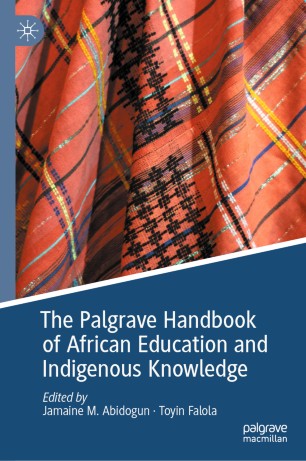

Most ebook files are in PDF format, so you can easily read them using various software such as Foxit Reader or directly on the Google Chrome browser.
Some ebook files are released by publishers in other formats such as .awz, .mobi, .epub, .fb2, etc. You may need to install specific software to read these formats on mobile/PC, such as Calibre.
Please read the tutorial at this link: https://ebookbell.com/faq
We offer FREE conversion to the popular formats you request; however, this may take some time. Therefore, right after payment, please email us, and we will try to provide the service as quickly as possible.
For some exceptional file formats or broken links (if any), please refrain from opening any disputes. Instead, email us first, and we will try to assist within a maximum of 6 hours.
EbookBell Team

0.0
0 reviewsThis handbook explores the evolution of African education in historical perspectives as well as the development within its three systems–Indigenous, Islamic, and Western education models—and how African societies have maintained and changed their approaches to education within and across these systems. African education continues to find itself at once preserving its knowledge, while integrating Islamic and Western aspects in order to compete within this global reality. Contributors take up issues and themes of the positioning, resistance, accommodation, and transformations of indigenous education in relationship to the introduction of Islamic and later Western education. Issues and themes raised acknowledge the contemporary development and positioning of indigenous education within African societies and provide understanding of how indigenous education works within individual societies and national frameworks as an essential part of African contemporary society.